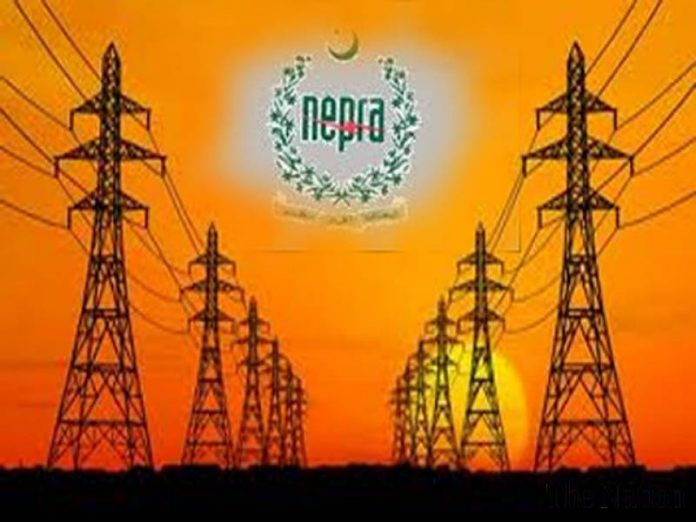ISLAMABAD: Power price hiked by Rs1.37 per unit is likely on account of fuel charges adjustment (FCA) for July 2021, which in result will add approximately Rs21 billion additional burden on the power consumers.
National Electric Power Regulatory Authority (NEPRA) on Wednesday completed its necessary hearing process regarding FCA for July 2021 for ex-WAPDA Power Distribution Companies (DISCOs ) and it has reserved its judgment on the matter, which will be announced in near future. However, NEPRA is likely to jack up the power price by Rs1.37/unit under the head FCA of July 2021.
It is relevant to note that this likely hike in the power tariff will also not apply to lifeline power consumers who use 300 units a month, agro-consumers, and consumers of K-Electric.
According to sources, power consumers will have to pay additional amounts in next month’s electricity bills, which resultantly will cause an additional burden of approximately Rs21 billion on the power consumers.
Earlier, NEPRA had fixed reference fuel charge for power generation at Rs5.27/unit while the actual cost of electricity generation was found at Rs6.74/unit in July. And, Central Power Purchasing Agency (CPPA), for DISCOs, asked NEPRA to approve an increase of Rs1.4687/kWh over the reference fuel charges i.e, Rs5.2798/kWh for July 2021.
Based on the information provided by CPPA to NEPRA, a total of 15bn and 21 crore units of power were produced in July 2021. And, out of the total power generation, power production with the hydel source was 29.94 per cent, coal 15.29pc, furnace oil 10.28pc, gas 8.68pc, imported LNG 20.01pc, and nuclear source 10.59pc.
To consider the proposed adjustment, NEPRA’s hearing was held on Wednesday under NEPRA Chairman, Tauseef H. Farooqi.
Farooqi, during the hearing, remarked that no solid action has been taken to clear NEPRA’s concerns. He said that tall claims were being made, but no special job has been done so far. He said NEPRA will not approve adjustments for those power plants which are not generating electricity.
NEPRA officials informed that CPPA has sought previous adjustments worth around Rs1.5bn which will cause only a 10 paisa hike in the power price. They said that National Transmission and Dispatch Company (NTDC) will bear the losses registered above to the NEPRA’s benchmark in Jul 2021. They said approximately Rs68 crore and 90 lakh worth heavy losses were registered in the said month, owing to setting aside the merit order of the power plants for power generation. Similarly, the additional burden of Rs9bn and 60 crore on power consumers was because of expensive Liquefied Natural Gas (LNG) sources for power production.
Farooqi also remarked that a large amount has been spent on removing faults in the electricity transmission system each month, while the total cost of removing the faults from the entire transmission system of the country will be small. He said that NEPRA has written letters to companies and advised them to avoid power load-shedding following repair and maintenance work of the system in July and August. He said NEPRA will show zero tolerance over fatal accidents. Fluctuation in power voltage is bearable, but wastage of single human life will not be accepted at any cost, said NEPRA chairman.
Under Section 31 (7) of the NEPRA Act (XL of 1997) and the mechanism for monthly fuel price adjustment prescribed by the Authority in the tariff determinations of ex-WAPDA Distribution Companies, the Authority may on monthly basis make adjustments in the approved tariff on account of any variations in the fuel charges and policy guidelines as the federal government may issue and notify the tariff so adjusted in the official Gazette.




